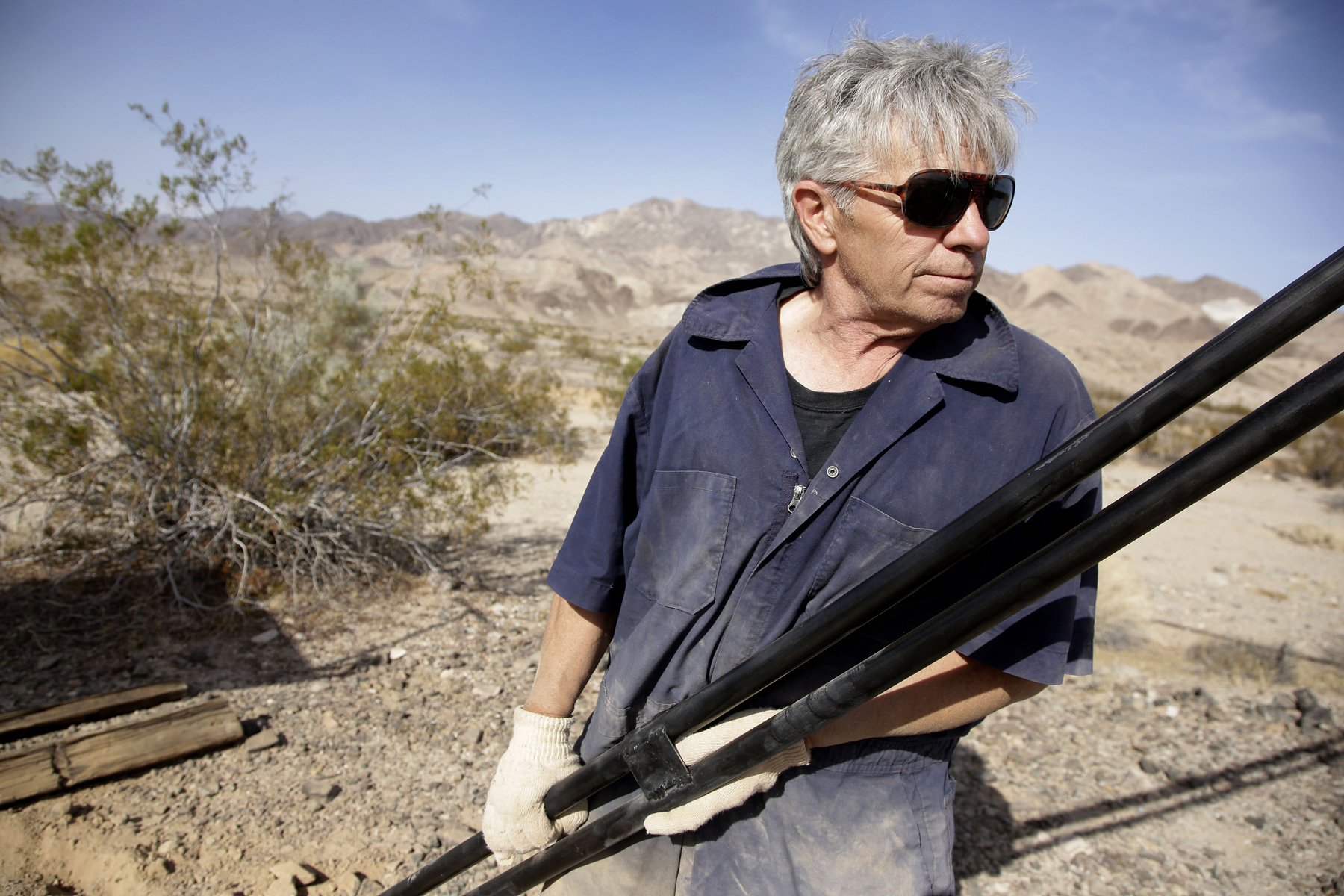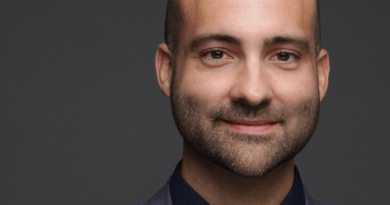Flat Earth Community Undeterred by Death of ‘Mad’ Mike Hughes

On Saturday, 64-year-old “Mad” Mike Hughes was killed when a rocket he was attached to crashed in the desert in San Bernardino County, California. Hughes was a member of the Flat Earth community, a subculture consisting of people who (despite all scientific evidence pointing squarely to the contrary) believe that the Earth is not round, but flat. In numerous interviews, he had stated that the goal of his rocket launches was to prove that the planet was not spherical (as, again, all scientific evidence indicates), but “Frisbee-shaped.”
On social media, many outside the community poked fun at Hughes’ death, referring to him as a “Darwin Award nominee” and joking that his death was in itself proof of the effect of gravity. Others were more somber, stating that his passing was proof of the dangers of believing wholeheartedly in dangerous anti-scientific beliefs. Neither reactions, however, were present within the Flat Earth community itself. Far from prompting people to re-examine their own beliefs, if anything Hughes’ death cemented their commitment to chasing what they believe to be the truth at any cost.
Hughes’ death “just reinforced my mantra — meaning, what are you willing to do if you believe in something so much?” Mark Sargent, a self-described Flat Earth recruiter who was featured in the 2018 Netflix documentary Behind the Curve, tells Rolling Stone. “For me, Flat Earth is bigger than my friends and family and even my own life. I believe the truth is worth taking risks for.”
A former stuntman, Hughes had done two rocket launches prior to his death, one in 2014 and one in 2018, from which he emerged without major incident. He was closely associated with the Flat Earth movement, hosting a show on the internet radio station Flat Earth Radio and raising thousands of dollars on GoFundMe in Flat Earth-assisted crowdfunding campaigns. As freelance journalist Justin Chapman told NPR, the goal of such expeditions was not so much to prove that the earth was flat, as it was to bring attention to the Flat Earth “cause.” (A representative for Hughes also confirmed this in a statement to BuzzFeed, saying he did not actually believe in the theory and that “we used flat Earth as a PR stunt. Period.”) And in this sense, he was successful: though he says there were some “background” conversations within the community regarding the question of whether Hughes could crash, all in all Sargent considered the campaign “the best $8,000 we ever spent,” due to the enormous amount of media attention it garnered for the Flat Earth cause.
Despite the coverage Hughes’ efforts attracted, he was a highly divisive figure within the Flat Earth community. “I had no attachment to him or his rocket launches. Never really paid attention to him,” Flat Earther Ben Long tells Rolling Stone. “I think the mainstream media gave him way more attention than he deserved.” The root of this objection, however, had less to do with safety and more to do with community members questioning the purity of his motives, the seriousness of his project — “he never contributed anything evidential, as far as I’m aware,” says Long — or his alignment with the Flat Earth cause. “He wanted the fame and the girls,” Sargent says, adding that Hughes had sued him and other Flat Earth figures, claiming his name was his legal property.
Yet Hughes became one of the faces of the Flat Earth cause regardless, garnering widespread media attention and appearing in a segment on the Comedy Central show Tosh.0. At the time of his passing, Hughes was surrounded by 50 to 60 people watching his attempted rocket launch, including crew members for an upcoming Science Channel series called Homemade Astronauts. The Science Channel’s decision to award coverage to someone known for espousing decidedly unscientific views — not to mention allowing him to participate in a wildly dangerous experiment — was widely lambasted on social media in the wake of the news of his death. Even Sargent, a member of a community that raised money to support Hughes’ daredevil efforts, questioned the decision to make the documentary. “That did surprise me,” he said. “I would think if you were gonna do a TV show like that you’d look at the engineering of the thing and at least give him some engineering advice.”
In response to a request for comment, a representative for the Science Channel said, “Our thoughts and prayers go out to his family and friends during this difficult time. It was always his dream to do this launch, and Science Channel was there to chronicle his journey.” They did not respond to a follow-up question regarding the ethics of chronicling said journey, given the major risks involved and the unscientific nature of Flat Earth conspiracy theories.
Despite the utter lack of evidence surrounding the Flat Earth theory and intense criticism from scientists like Neil deGrasse Tyson, the Flat Earth theory has gained traction in recent years (one 2018 poll found that two percent of more than 10,000 respondents harbored such views), and has been promoted by such high-profile figures as Kyrie Irving and musician B.o.B. Social media platforms like YouTube have also been criticized for serving as a platform for those espousing Flat Earth views, a criticism that last year it addressed by tweaking its algorithm to prevent from recommending such content to users.
In the aftermath of Hughes’s death, many viewed it as the ultimate culmination of the dangers of pseudoscience, heavily criticizing the media, particularly the Science Channel, for giving oxygen to his views. “Science Channel gave this a platform,” read one tweet. “There is a duty of care issue. And spreading pseudoscience.”
Those within the community itself, however (some of whom had watched the rocket launch on a livestream), appear unruffled, if not more confident in its mission than ever. “Was it worth it to create the awareness?,” Sargent asked, referring to the community’s helping to fund and draw attention to Hughes’s suicidal efforts. “Yeah, for sure, absolutely it was. I’ll officially say that.”


